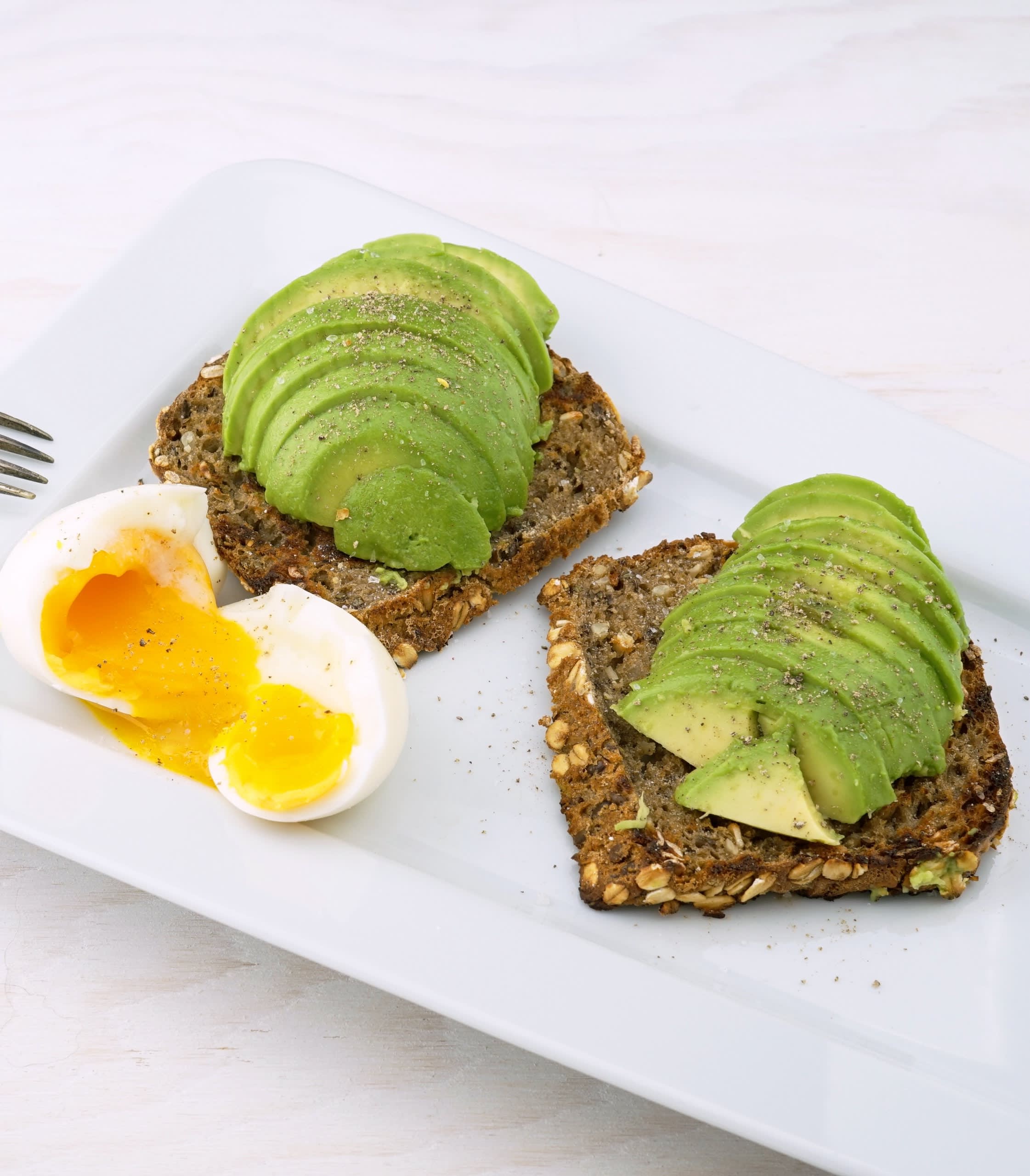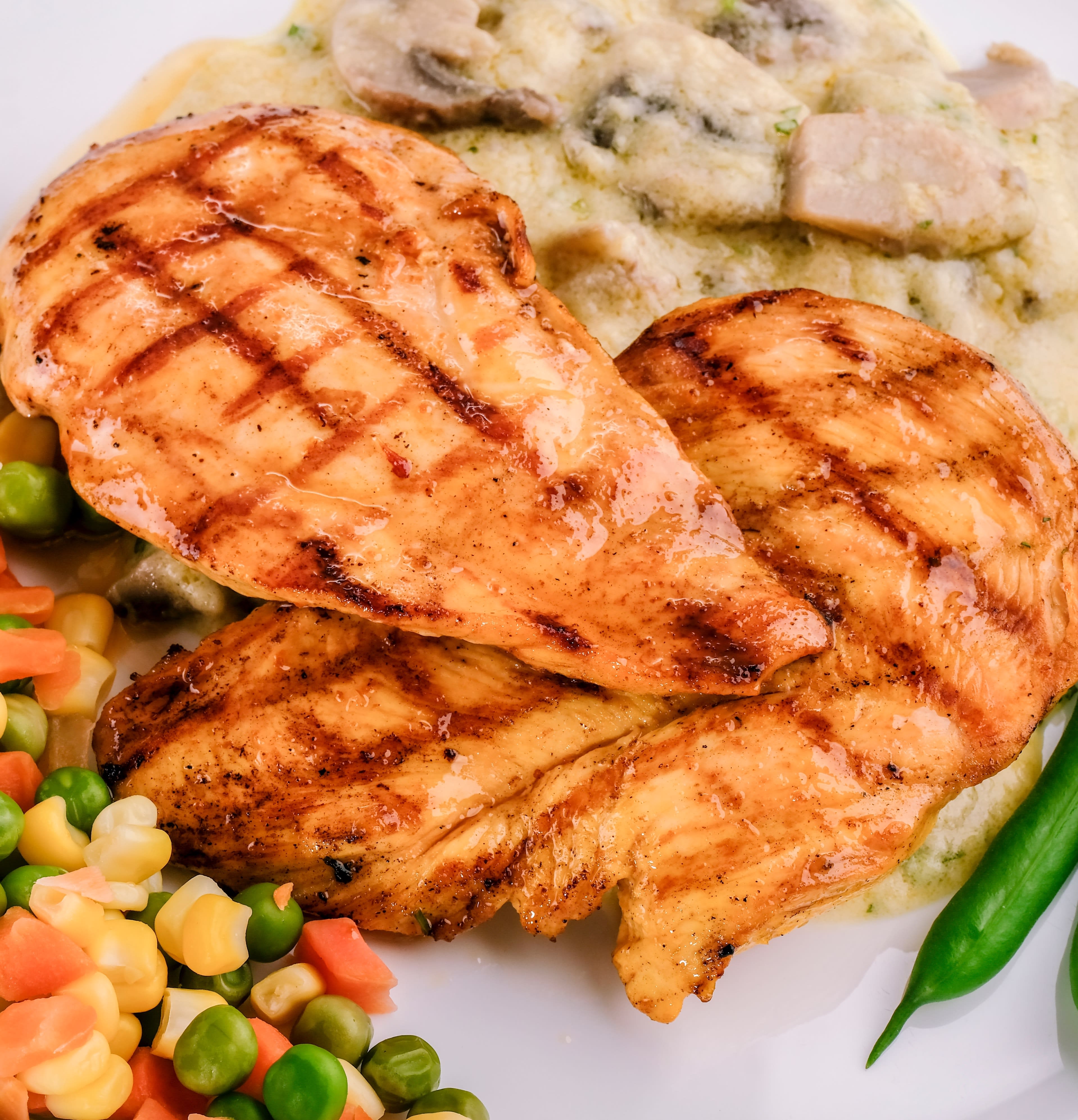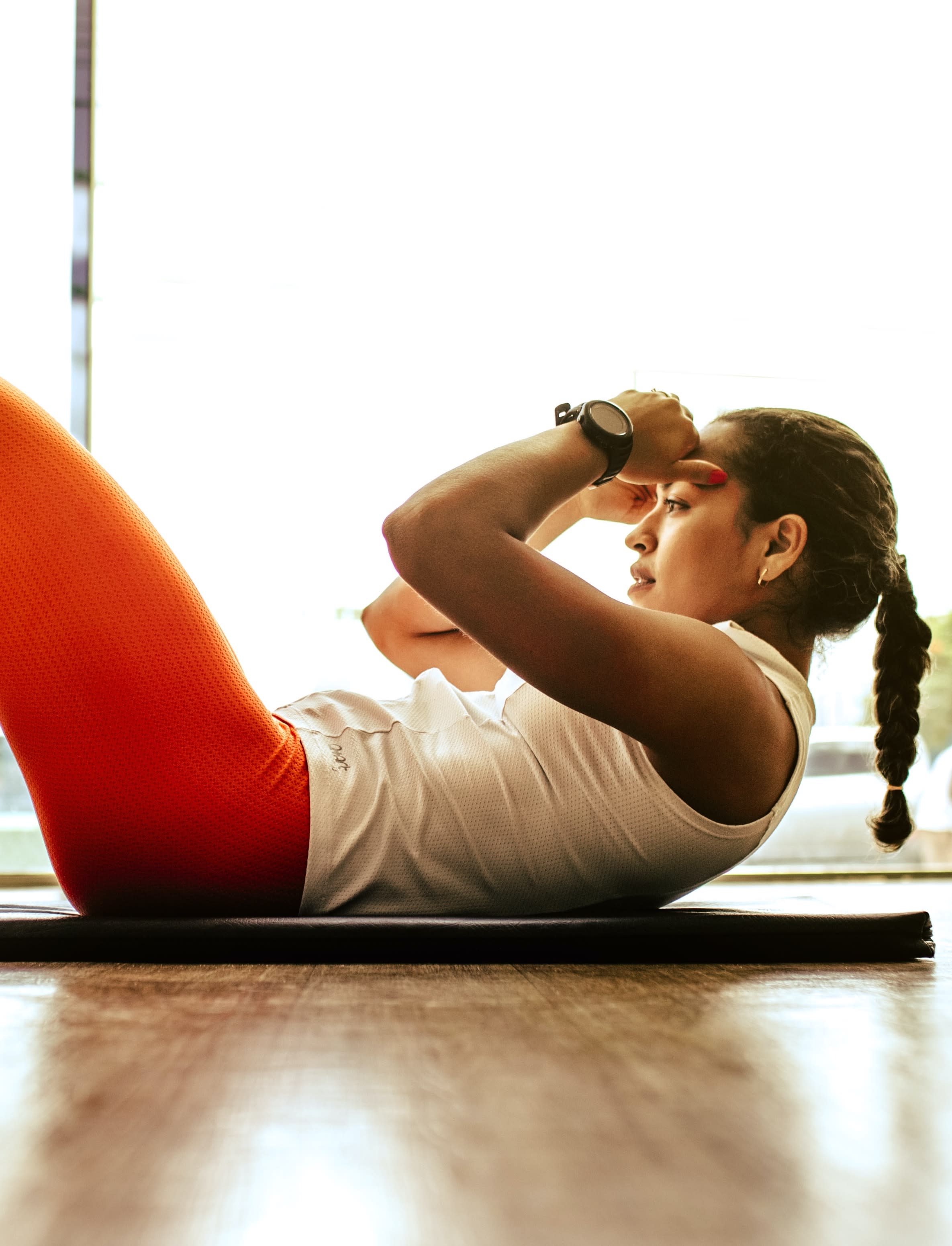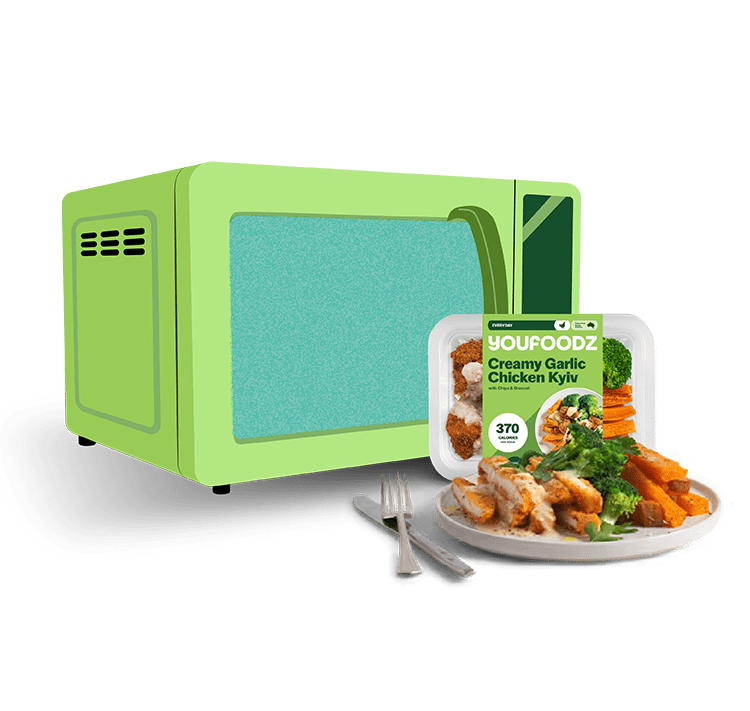Why our customers love Youfoodz: real reviews from real food lovers
No tedious cooking required. I like that you can skip a week and upsize or downsize your order. Price is good for a ready made meal too.
- Amy
I am really enjoying the meals, very tasty and lots of variety, makes lunches so easy, I can really recommend them. Love the snacks too.
- Brad
Based on over 45,000 reviews on


Foods to eat before exercise
Eating before exercise is key to an effective workout, think about it like you're fueling up ready to go. Eating at least two hours before exercise can help build your energy and burn more calories. Hannah says you should hydrate by drinking plenty of water so you don't become easily dehydrated during exercise.You should also eat good carbohydrates that are high in fibre before your workout as these slowly release energy and lean protein, these foods include whole grain cereal, whole wheat toast, whole grain pasta, brown rice, low-fat or fat-free yoghurt, and fruits and vegetables.
You should avoid saturated fats and most protein as these take longer to digest, taking away oxygen and blood from your muscles. Try porridge with low-fat milk and scrambled eggs on whole wheat toast for breakfast if you're looking to exercise at lunchtime, or chicken and brown rice with vegetables for lunch if you're exercising in the early evening.
If you don't have long before your exercise, try a light snack. These snacks can be, banana, low-fat natural yoghurt, crackers with low-fat cheese, smoothies and a glass of low-fat milk.

Foods to eat after exercise
It's recommended to eat a nutritious and protein-rich meal or snack within an hour after exercise. Hannah says eating after exercise helps your muscles recover and replaces their glycogen stores. If you're not going to eat a meal after your workout then definitely consider a snack.Again, a meal or snack with good carbohydrates and protein is beneficial at this point, these foods include meats rich in protein (chicken and turkey), whole grain cereal, whole wheat toast, whole grain pasta, brown rice, low-fat or fat-free yoghurt, peanut butter, and fruits and vegetables.
To help with blood sugar and building up energy, try a sports drink or diluted juice. If you have to wait for a full meal, try a light snack. These snacks can be banana, apple and peanut butter, energy bar, low-fat natural yoghurt, crackers with low-fat cheese, smoothies and a glass of low-fat milk.
Check out the meals from our FUEL'D High Protein range, with delicious and nutritional meals to have after your workout, including Mexican chicken with loaded beans and sour cream and chicken with sweet potato, broccoli and peas.

Should you eat certain foods for different types of workouts?
1. Intense Cardio: Intense cardio can include running 5k, 10k or a marathon, as well as long-distance swimming, cycling or triathlons etc. Preparation for this type of exercise includes what you eat. Hannah recommends that 70% of your calories come from carbs, including 15% fat and 15% protein. Similar to the foods listed above, this can be whole grain pasta, avocado, quinoa, berries and chicken.2. Average Cardio: This is what you're likely doing on a weekly basis, think treadmill, elliptical, rowing, or stair climber. In this instance, Hannah recommends keeping on top of hydration, regular meals and snacking. If you're doing a high intensity class (such as boxing or HIIT) then have a high carb snack beforehand as this helps with avoiding fatigue during the workout. Toast, bananas, eggs and cereal are good for this.
3. Strength Training: You don't need loads of carbs for strength training, you should instead consume lots of protein as this helps with muscle growth. Though there is a fine line between too much protein and too little, protein shakes or smoothies work well before strength training. Hannah recommends between 15-18 grams of protein pre-workout for women and between 20 and 25 for men.
4. Yoga and Pilates: Yoga and pilates can be quite strenuous which means eating lots of carbs and staying hydrated is important. With lots of yoga and pilate moves requiring bending and stretching, you should stick with easily digestible carbs such as rice, bananas, crackers and sweet potato.
There are some good formulas to work out how much protein you should have depending on the amount of exercise you usually do:
Casual gym-goer: 0.5-0.8 grams of protein per kilogram of bodyweight
Athletes: 1 to 1.2 grams of protein per kilogram of bodyweight
Bodybuilders and intense strength trainers: 1.5 grams of protein per kilogram of bodyweight



